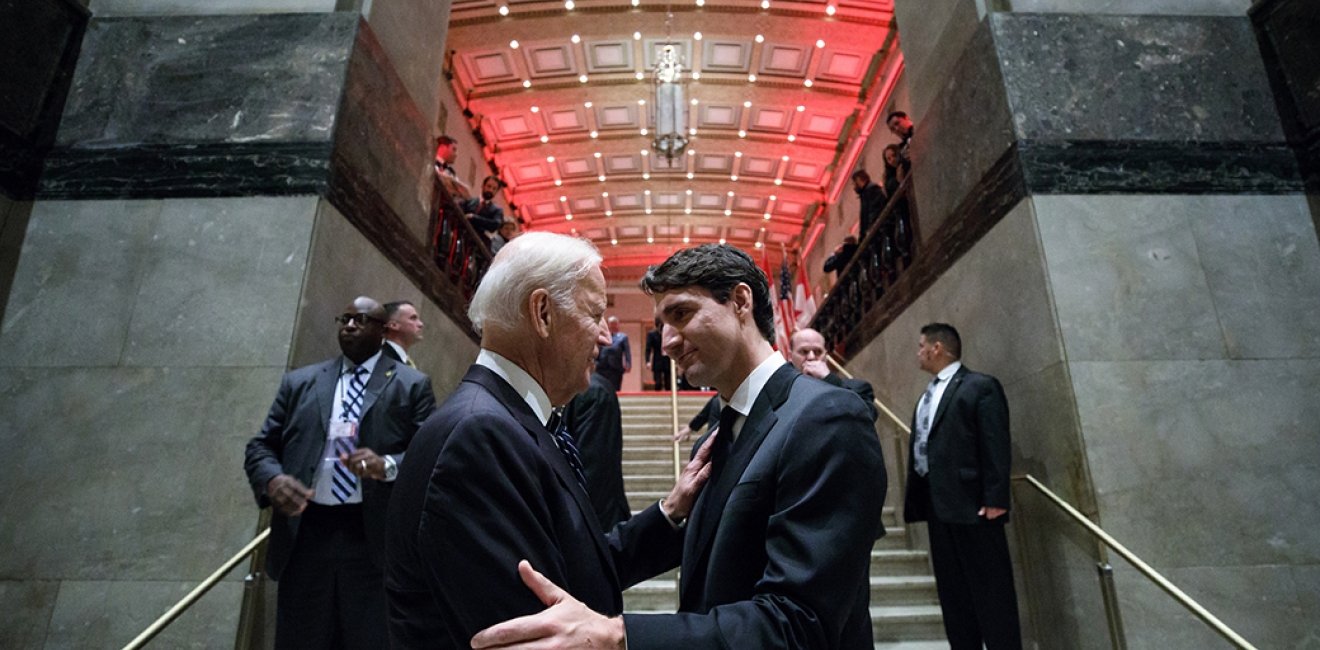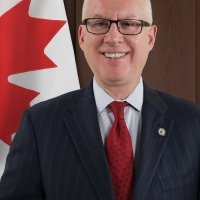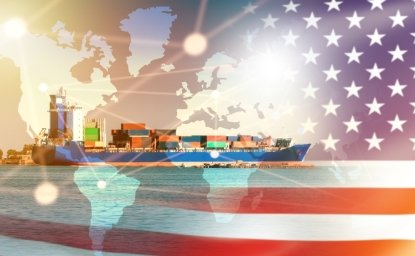To the question ‘What are the implications for the USA of the 2021 Canadian Election’? one answer could be: increased visible tension in the relationship.
From the date of Joe Biden’s inauguration, both governments have sought to portray a significantly improved bilateral relationship. Biden was anxious to ‘turn the page’ after four years of frequently-aggressive – and heavily destabilizing – U.S. behaviours toward Canada and other allies. His global objectives (e.g., greater ambition on climate change, G20 agreement to a minimum corporate tax, greater willingness among the ‘like-minded’ to coordinate on policies toward China) required that the world perceive a USA newly interested in constructively collaborating with allies. Friction with Canada would have compromised that tonal change. And Biden seems to like Prime Minister Trudeau – a ‘plus’ for a President for whom strong personal relationships are important contributors to resolving outstanding issues.
Justin Trudeau was equally keen to put the Trump years behind him and recreate, to the extent possible, the warmth of the relationship he enjoyed with the U.S. President before Barack Obama left office. His enthusiasm for doing so would have been encouraged by two realities: Canadians (with some important regional differences) like Joe Biden much more than they liked Donald Trump; and Canadians generally prefer that their government have ‘good relations’ with the U.S. Having had a 2021 election in mind for some time, Trudeau had no interest whatsoever in Canadians perceiving friction with the USA. It was in neither leader’s interest to draw attention to irritants in the relationship.
The election is now over. It’s entirely possible that Justin Trudeau will remain Prime Minister for most (perhaps even all) of the remainder of Joe Biden’s current term of office. That predictability permits a reversion to ‘normality’ in conducting the relationship.
On the global front, Biden and Trudeau have been very much ‘in synch’; there’s no obvious reason for either leader to seek distance from the other. On the bilateral front, however, it’s no longer sustainable for the Canadian government to pretend that all is well. The list of issues on which Canadian economic and strategic interests are being threatened is long and growing: Biden’s ‘tightened’ Buy American policies (with no evident consideration for highly-integrated U.S.-Canada supply chain relationships); Biden’s ‘doubling down’ on Trump’s actions against Canadian softwood lumber exports; aggressive challenges to Canada’s supply management regime in the dairy sector; refusal to entertain Canada’s request that the U.S. intervene, pursuant to the 1977 Transit Pipelines Treaty, to ensure that oil supply to Central Canada through Enbridge’s Line 5 is not disrupted; a (potentially imminent) resurrection of pre-Trump efforts to introduce Country-of-Origin-Labelling in the processed meats sector that would discriminate against Canadian product; failure to reciprocate Canadian measures to reopen the shared border (closed due to COVID), etc.
It won’t be sustainable for the new Trudeau government to continue simply to express “disappointment” at U.S. disregard for Canada’s interests – and move on. The shared desire for ‘good optics’ must accommodate to the fact that, with the election now behind it, Canada’s government will have to prioritize the hard-nosed pursuit of Canadian interests in its interactions with the Biden Administration. The September 2021 election marks the point at which differences can no longer be ‘papered-over’. Instead, the U.S. should anticipate that Canada will start ‘pushing-back’.






